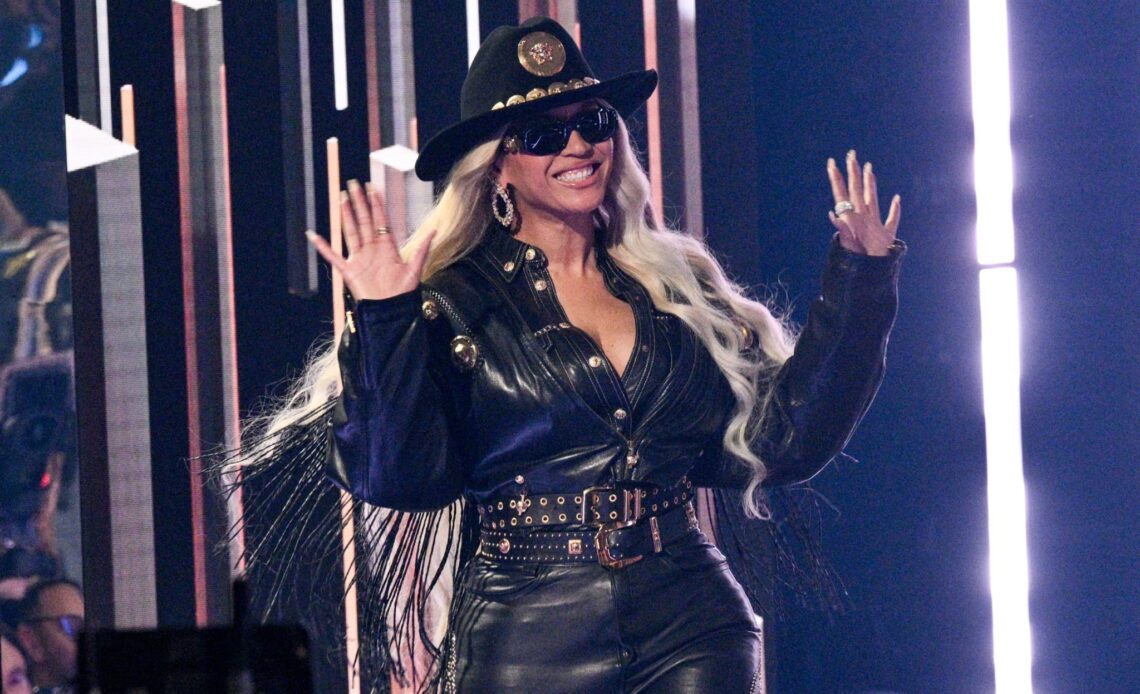Two names you’d never expect to hear together: Beyoncé and Fannie Mae. But in her song “YA YA” on her new album, “Cowboy Carter,” she sounds an alarm that’s growing louder in communities across America. “Wildfire burnt his house down/Insurance ain’t gonna pay no Fannie Mae.”
We appreciate that Beyoncé raised this issue. For the record, Fannie Mae would help this man. While we don’t make home loans or collect payments (we buy and back mortgages), we do offer payment relief and other help if disaster strikes our homeowners.
However, Beyoncé has a point: An estimated one in 13 U.S. households are uninsured and two-thirds are underinsured. This means that millions of families have limited or no protection against growing climate-related risks, such as wildfires and other disasters.
For housing, climate change is a today problem. Each year since 2021, the U.S. has averaged 22 natural disasters with damage exceeding $1 billion. Last year brought 28. In the 1980s, the average was three per year. Forecasters already project this year’s Atlantic hurricane season will be “extremely active,” with the most storms since 1995.
Disasters are touching every state, including inland flooding in areas such as Vermont and Las Vegas, which are not generally considered at high risk. Low-income communities are the most vulnerable, with housing that is often less resilient and located in more disaster-prone areas. Longer-term, rising temperatures, increased flooding, water scarcity, and more wildfires could drive down property values for homeowners, and even spark climate migration as people escape high-risk areas.
Since Fannie Mae guarantees about one in four home mortgages plus loans on rental housing, we’re closely assessing the financial risks to both our company and the mortgage industry, such as potential impacts on mortgage delinquencies, property values, and the affordability, availability, and reliability of insurance.
But climate change is a growing risk that demands a collective response, starting with three urgent priorities.
Boost consumer awareness and action
Homeowners are housing’s first line of defense, but do they realize it?
A Fannie Mae survey found nearly 50% of consumers worried about the climate impact on their homes, especially from extreme heat, strong winds from tornadoes and hurricanes, drought, wildfires, and flooding. And 66% of insured homeowners said weather-related events and…
Click Here to Read the Full Original Article at Fortune | FORTUNE…


